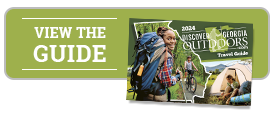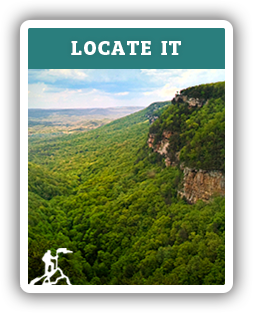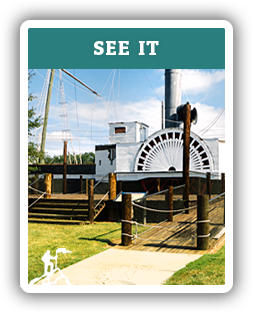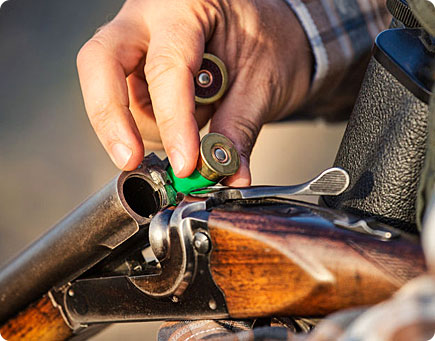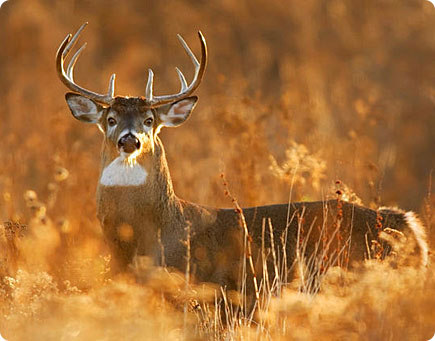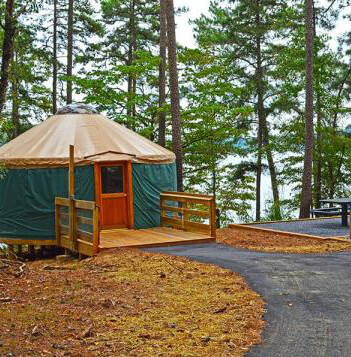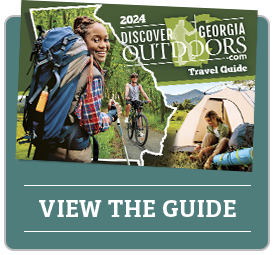Georgia has nearly 100 Wildlife Management Areas with approximately 1 million acres of public hunting lands. Nearly every part of the state has at least one WMA within a one-hour drive.
Hunting is also allowed on certain National Wildlife Reserves under specific conditions. For more information, click here.
Forest corporations own about 2.5 million acres of Georgia forestland. Most operate recreational access (hunting lease) programs as a formal part of their business model. Large providers specific to Georgia include CatchMark, Rayonier, Westervelt, and Weyerhaeuser. Their websites provide information on lands available for lease for hunting.
The Georgia Department of Natural Resources (DNR) establishes
hunting seasons and
limits for various game animals, including when hunters can use bows, primitive
weapons, firearms, or falconry. Regulated animals include deer, bear, turkey,
squirrel, alligator, fox, bobcat, opossum, raccoon, rabbit, quail, grouse,
crows, dove, woodcock, snipe, marsh hens, and waterfowl.
Residents and non-residents born on or after January 1, 1961
must successfully complete a hunter
education course prior to purchasing a season hunting license. However, a hunter education course
is not required to purchase an Apprentice License or a three (3) day Combo
Hunting/Fishing License. Hunter
education courses certified or mandated by any state wildlife agency or
Canadian province are accepted. Hunter Education is not required to hunt on
one’s own land or land of a parent or guardian.
Hunting is the backbone of wildlife conservation in the
United States. Hunting
license sales determine not only the amount of federal funds Georgia
receives, but they also generate revenue that goes directly back into
conservation. To continue its conservation mission, Georgia’s DNR has
established programs to help pass the love of hunting on to the next
generation. A mentoring program connects new hunters with experienced ones. Hunt & Learn
programs help new hunters
and their mentors to develop their outdoor skills. And the Field to Fork
program recruits adults interested in learning to hunt for food.
For the current hunting regulations, click here.
